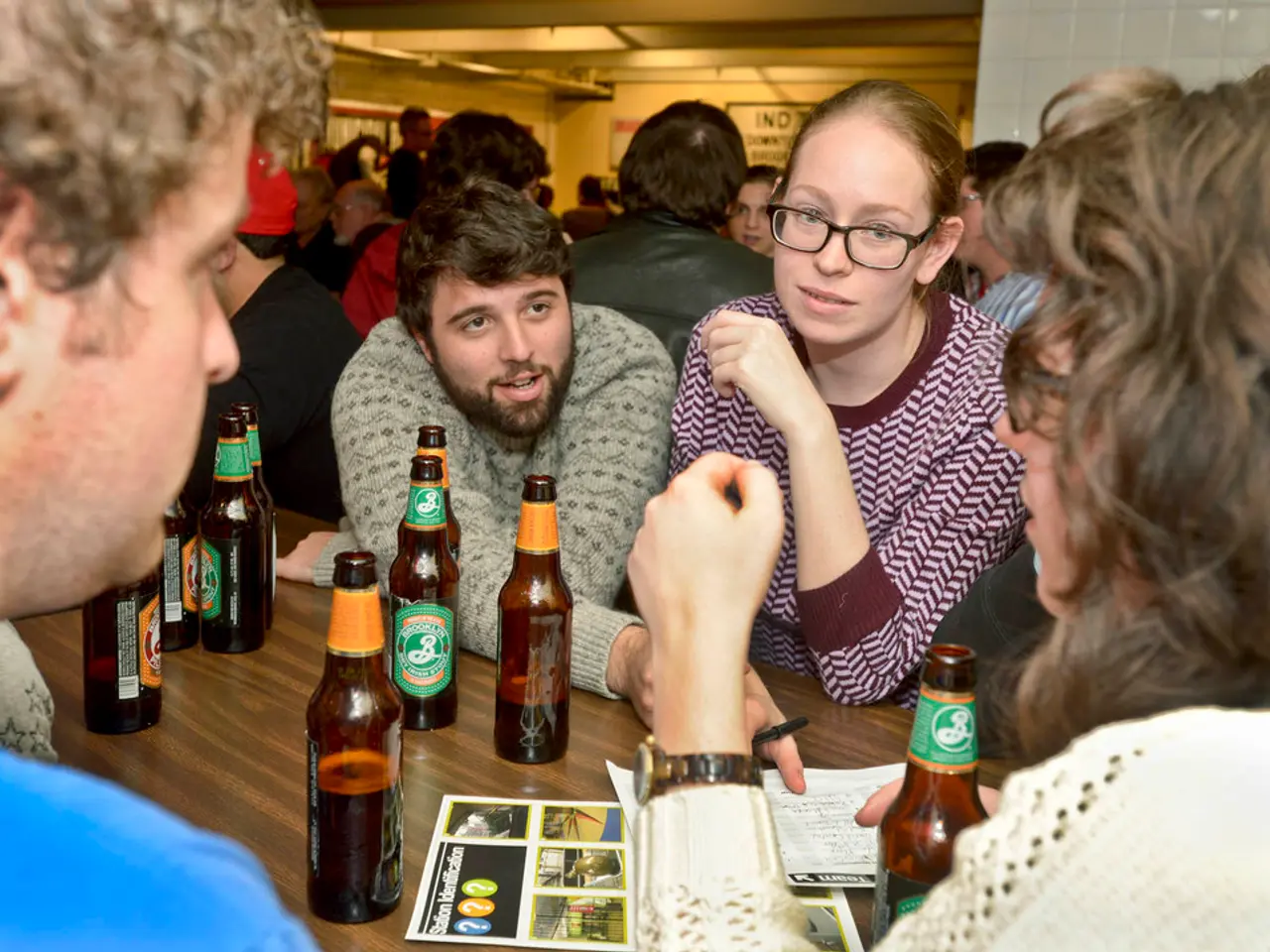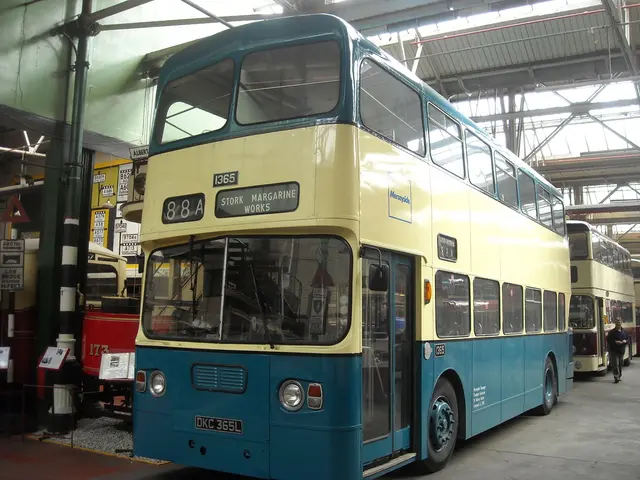Beer Strikes Shaped Australian Society: Historian's Study
Historian Iain McIntyre, an Honorary Fellow at the University of Melbourne, has delved into the history of beer strikes and their role in shaping Australian society. His latest study, 'Parching for Principle: Hotel Boycotts in Regional Australia, 1901-20', reveals the impact of these localized campaigns on working-class struggles and social change.
McIntyre's research shows that boycotts in Australia were often localized, community-based efforts focused on industrial disputes and living costs. They were a tool to fight for social and political goals, or to challenge injustices. Key boycotts included those linked to the Temperance Movement, advocating for reduced alcohol consumption and earlier closing times. Labor movements also motivated boycotts, pushing for better working conditions and higher wages.
McIntyre's work highlights the 'beer strike' tactic, where communities targeted pubs and alcohol-based venues. These strikes, like those in Western Australia in 1925 and New South Wales & Darwin in 1940-41, aimed to reduce alcohol, food, and accommodation prices, and improve worker conditions. The outcomes were diverse, including social awareness, economic pressure on businesses, and political influence leading to protective legislation.
McIntyre's study underscores the significance of beer strikes and hotel boycotts in shaping regional Australian communities. Despite lacking specific outcomes of individual boycotts, it's clear these campaigns played a crucial role in driving social and political change.







